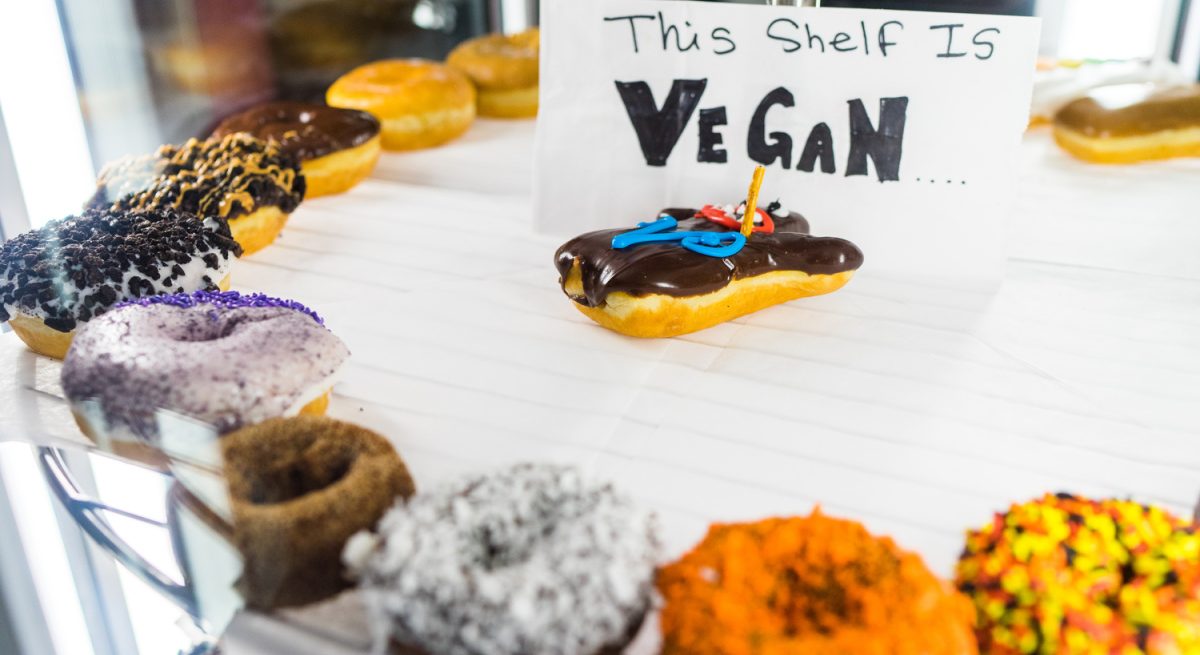Vegan Confectionery Is Making its Way from the Margins to the Mainstream
6 Min Read By Aditi Basu
Veganism is the new trend that is sweeping the world. Animal welfare and food processing concerns are making consumers explore environmentally-friendly food alternatives, prompting a rise in vegan food demand.
Vegan trends are not only limited to raw ingredients, but they are also spreading to other domains of foods and beverages, such as confectioneries. According to a recently published report by Future Market Insights, the global vegan cheese market is expected to witness a prominent growth rate of 9.3% from 2022-to 2032. Consumers are increasingly choosing plant-based goods due to growing awareness of animal cruelty and the significant environmental impacts of the dairy industry.
Non-vegan confectioneries offer vegetarian and egg-free options to consumers. However, this is not enough for vegans. Therefore, they are turning to vegan confectioneries that make use of vegan chocolate, vegan flour, and vegan sugar for their products. These confectioneries contain no animal-derived…
Sorry, You've Reached Your Article Limit.
Register for free with our site to get unlimited articles.
Already registered? Sign in!


